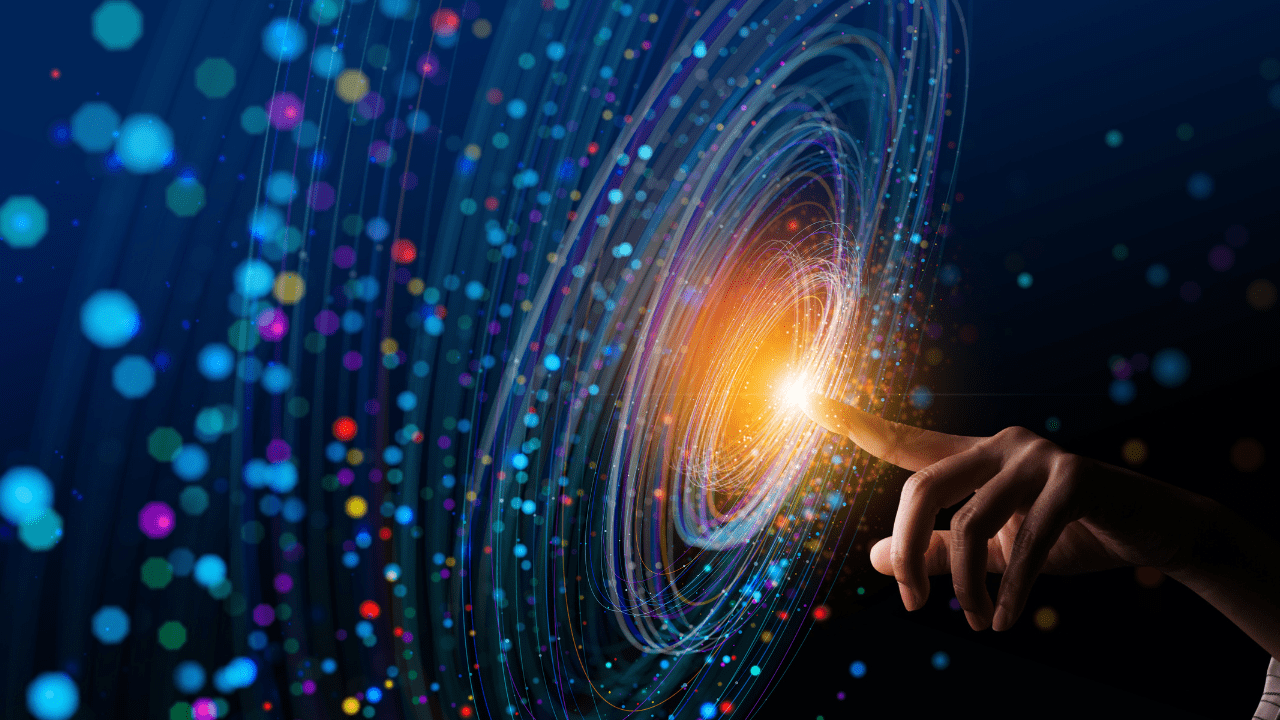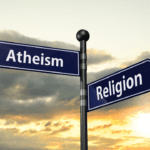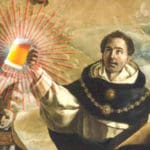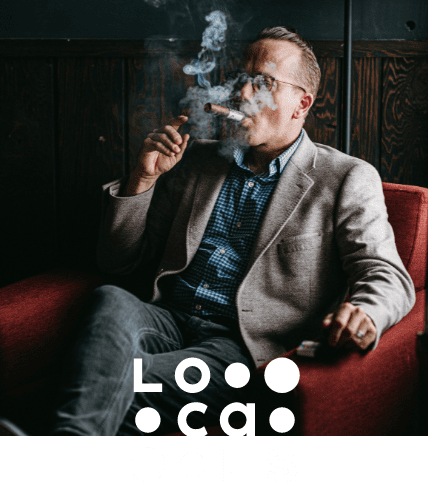Are you satisfied with exploring the world through a microscope and test tube? Or do you require escape into a fantasy world?
There are many people who love both science and fiction (and sometimes they marry those two into science fiction). But some strongly identify with one camp or the other.
Both are necessary. Here’s how science is disadvantaged compared to fiction.
Science can’t explain the ultimate meaning of things.
The ancient Roman philosopher and statesman Seneca described the difference between the Romans and Etruscans: The Etruscans believed that lightning happens because the gods want to convey meaning. The Romans thought that lightning was the result of natural forces coming together and they inferred meaning from that. Surprisingly, Seneca agreed that the Etruscans were right.
Science does a great job of describing the what and how of the universe. It falls short on the why. Fiction may not be able to answer the why as well as God’s revelation, but it gets closer to the mark.
Fiction is sometimes closer to the truth than science.
“What?” you may be asking. “How can an unreal story be truer than our observations of the real world?”
The answer is, fiction reveals truth. Unlike science, fiction can uncover the deep meaning of our existence, even if it uses made-up characters, places, and events to do so.
Take “The Lord of the Rings,” for example. Of course, there are no such things as hobbits, elves, and orcs (at least, we think so). Yet the story communicates truths about suffering, good versus evil, and other ideas that are beyond the scrutiny of a microscope. Many readers shed tears over the beauty and power of that story. Fewer people respond this way to a chemistry textbook.
Fiction can help us find deeper meaning in the natural world.
Science doesn’t have the only claim over the natural world. Poets and other artists have long looked to nature for inspiration and provided us with a deeper appreciation of creation by their focus on symbols therein (but in a sacramental, rather than a New Age, way).
We can’t truly say the poet is being fake by comparing a rose to love and suffering. The scientist may object, but the poet reminds us that the rose is a small revelation of the infinite goodness and glory of God and God may inspire meaning through created things that are not accessible through mere experimentation.
This isn’t to knock science. We need it. But we need much more. Let’s use science while remembering the big picture. We are ultimately not just molecules, but beings made in the image of God and called to eternal communion with Him.






